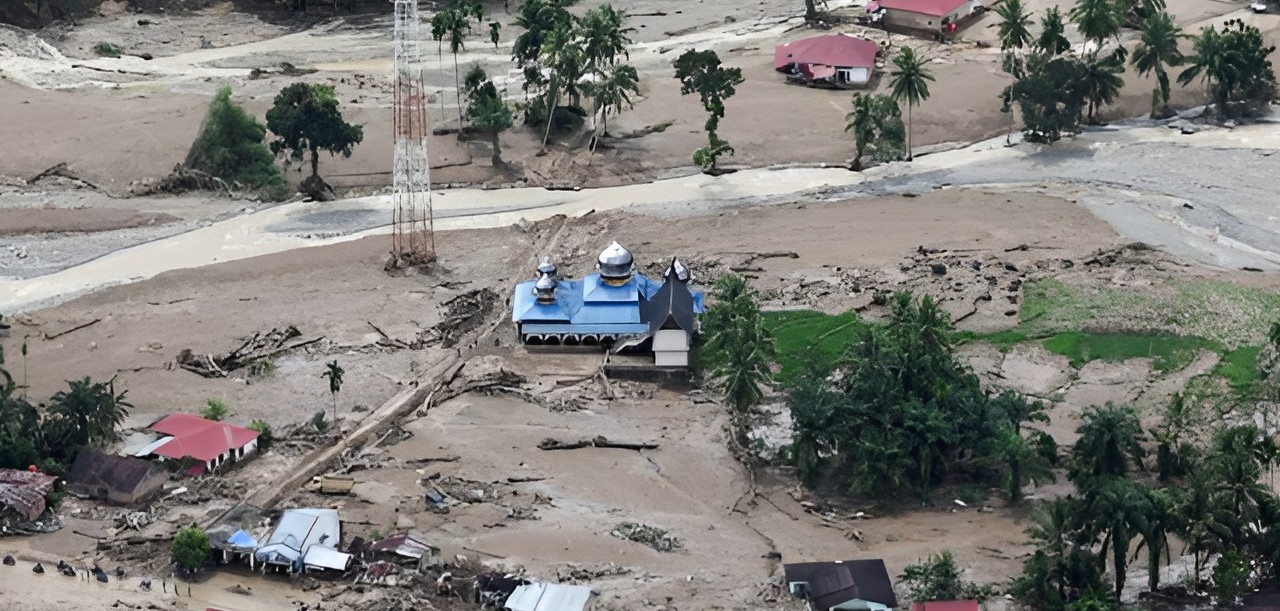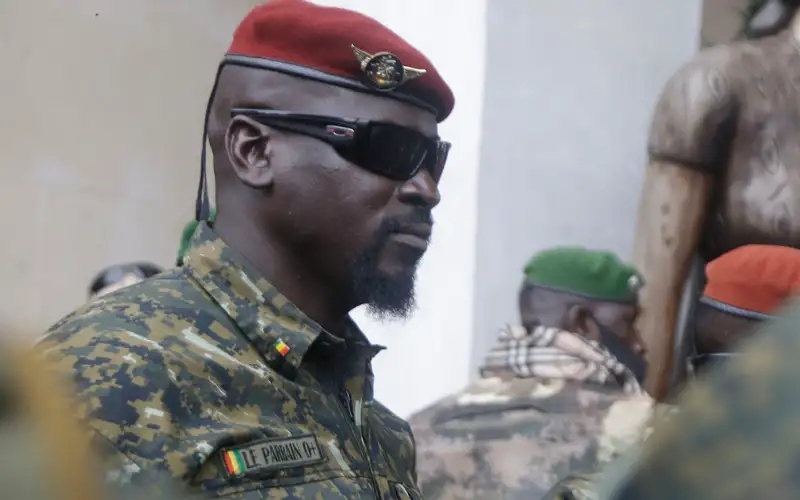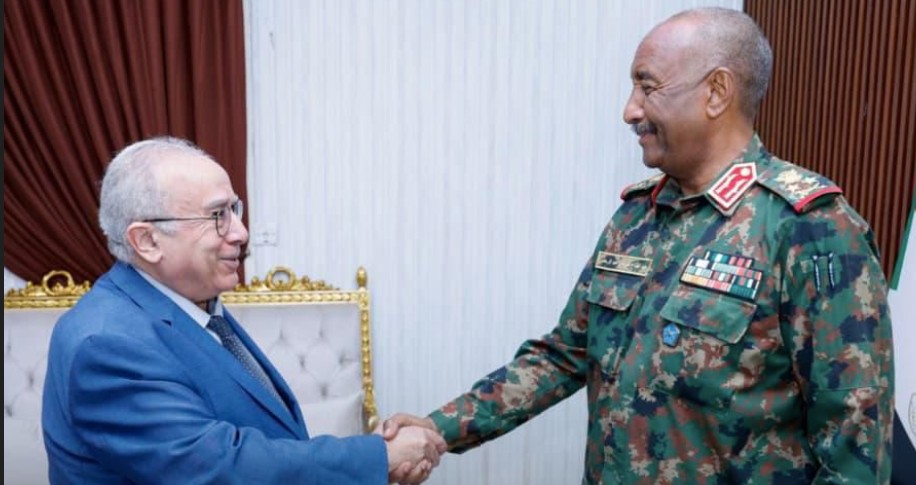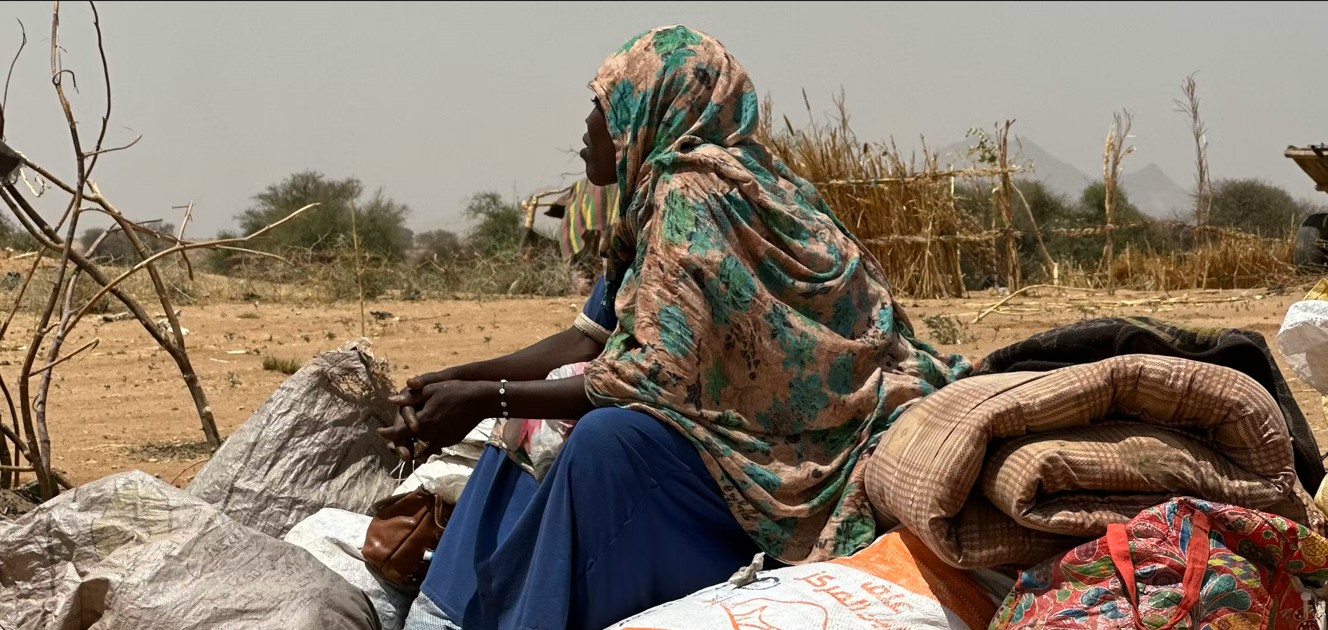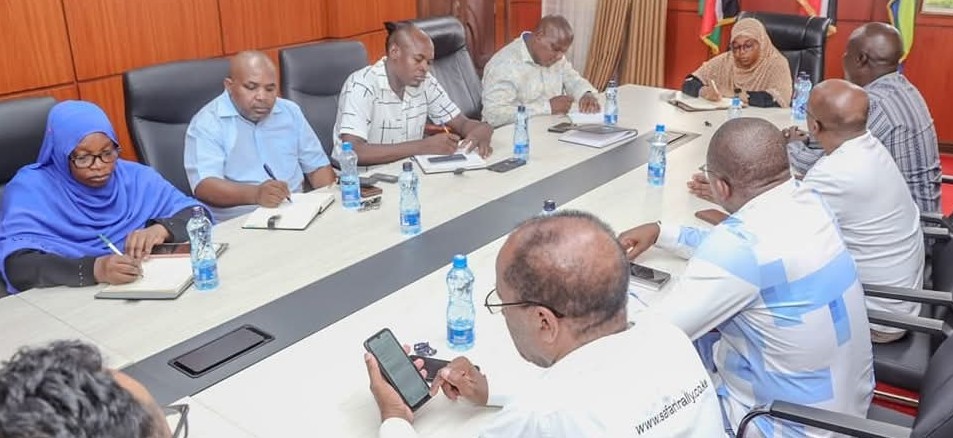Unpredictable threats from Al-Shabaab loom as Somalia readies for post-ATMIS era
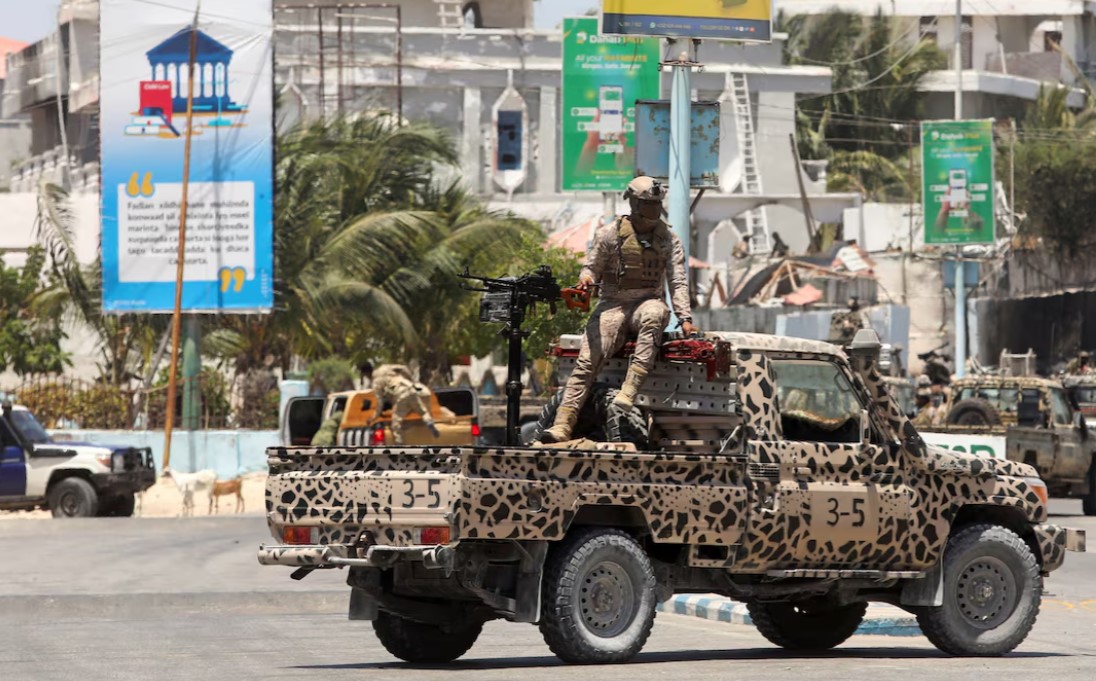
A Joint Technical Assessment of the security situation in Somalia now says that while security remains relatively calm in areas under the Federal Government of Somalia (FGS) and the African Union Transition Mission in Somalia (ATMIS), the threat of Al-Shabaab remains unpredictable.
The report will guide the deployment of a post-ATMIS mission in January next year following the exit of the ATMIS troops in December.
More To Read
- Somalia to recruit 100,000 new soldiers in major national army expansion to counter Al-Shabaab
- Egypt inches closer to troop deployment in Somalia amid regional tension
- Somali Intelligence Agency foils Al-Shabaab attack in Mogadishu, kills 7 militants in Middle Shabelle region
- Djibouti to deploy more troops to Somalia to counter Al-Shabaab threat
- UK commits $30 million to boost Somalia’s security transition and fight Al-Shabaab
- Somali intelligence kills Al-Shabaab leader Abdi Xiiray in major crackdown
It was tabled before the United Nations Security Council (UNSC) on Monday by the Head of ATMIS- Ambassador Mohamed El-Amine Souef who also serves as Special Representative of the AU Commission Chairperson.
The AU Commission had in April ordered a comprehensive threat assessment for planning ahead of the Post-ATMIS troops deployment.
The report done in consultation with the Somalia government, ATMIS troops and the United Nations Support Office in Somalia (UNSOS) highlighted the persistent threat emanating from Al-Shabaab and the complex security landscape within which the Somali Security Forces (SSF) operate.
"The recent complex attack on Somali Security Forces in El-Dheer – Galmudug region, and the mortar attack on the ATMIS camp in Baidoa, Southwest State, is a reminder to us that Al-Shabaab remains resilient. The group still retains the ability to conduct devastating attacks, including employing asymmetric tactics, and organizing complex operations on civilians and security targets," Ambassador Mohamed said.
While presenting the report to the UNSC, he added that the assessment has shown that although Somali Security Forces, supported by ATMIS and increasingly local communities, have achieved significant gains in the fight against Al-Shabaab, sustained support from international partners remains essential to maintain this momentum.
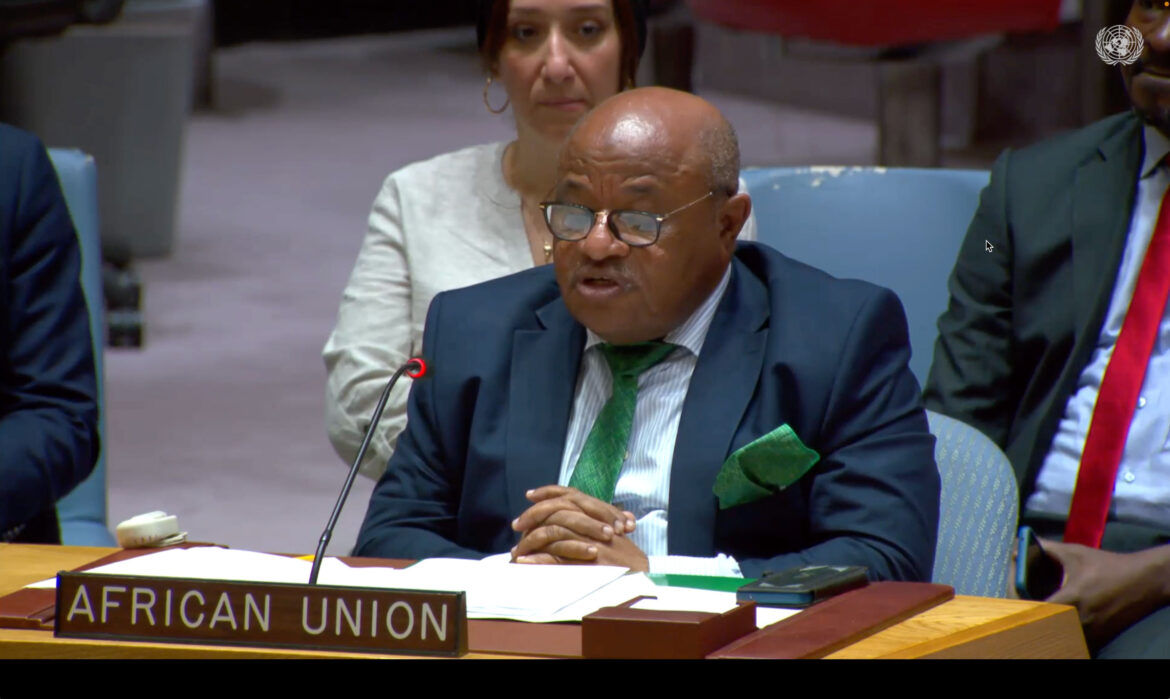 Head of ATMIS- Ambassador Mohamed El-Amine Souef addresses the United Nations Security Council. (Photo: ATMIS)
Head of ATMIS- Ambassador Mohamed El-Amine Souef addresses the United Nations Security Council. (Photo: ATMIS)
Phased approach
For this reason, the report welcomed the decision of the African Union Peace and Security Council, in its 1,217th Session held on June 20, to strongly support the request by the Federal Government of Somalia for a phased approach to the Phase 3 Drawdown of ATMIS saying the request will provide the necessary time and space to address the operational demands highlighted in the Joint Technical Assessment.
"It will further ensure that SSF units are adequately prepared to assume security responsibilities from ATMIS while continuing the offensive against Al-Shabab," he added.
In the phased-out approach, 2,000 troops will be departing by the end of June 2024 and the remaining 2,000 will exit at the end of September 2024.
A Tripartite Technical Committee, comprising the FGS, ATMIS and UNSOS, agreed on a revised sequencing of the Phase 3 drawdown, with eight ATMIS Forward Operating Bases (FOBs) identified for handover to the Somalia Security Forces (SSF) by the end of June.
"So far, the Bariire, Horseed, commonly known as Jowhar Town, and Ceel Geelow FOBs have successfully been handed over to the Somali Security Forces and the remaining five FOBs are scheduled for handover to the SSF by 30 June," the report said.
The report noted a growing concern by Somali nationals about the potential increase in pressure on local forces and local communities due to the reduction of ATMIS presence in Somalia.
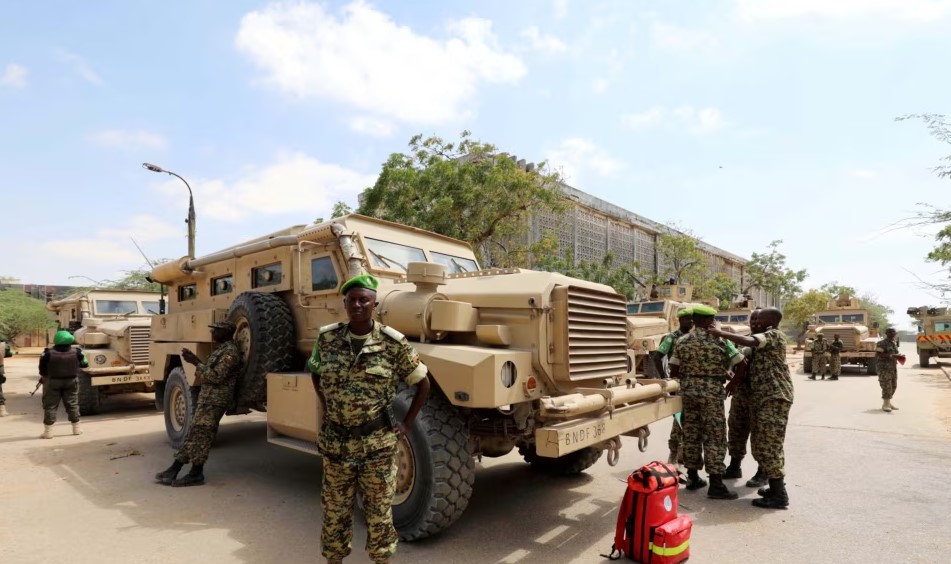 Burundian African Union Mission in Somalia peacekeepers stand next to an armoured vehicle as they prepare to leave the Jaale Siad Military Academy after being replaced by the Somali military in Mogadishu, Somalia on February 28, 2019. (Photo: Reuters)
Burundian African Union Mission in Somalia peacekeepers stand next to an armoured vehicle as they prepare to leave the Jaale Siad Military Academy after being replaced by the Somali military in Mogadishu, Somalia on February 28, 2019. (Photo: Reuters)
"The concern is that without the generation of sufficient SSF with the necessary capabilities and dedicated stabilization efforts, there will be a need to secure strategic locations and strengthen territorial control."
"I am, however, pleased that the endorsement by the African Union of a new African Union-led Mission and authorised by the United Nations, will be aligned to the planned post-ATMIS security arrangements. This will be crucial in preventing a security vacuum that could be exploited by Al-Shabaab and will reinforce Somalia's efforts towards attaining its long-term goal of stability, institutional building, and development," Ambassador Mohamed explained.
The new mission, he said, should play a key role in building the capacity of local forces, strengthening security institutions, countering Al-Shabaab, and securing critical infrastructures.
Under the leadership of President Hassan Sheikh Mohamud, Somalia has continued to foster cooperation and informed decision-making in promoting peace and stability.
"Its recent election as a non-permanent member of the UN reflects the trust and confidence of the UN member states in Somalia's gradual and sustained journey towards peace, security, and stability," noted the Ambassador.
He further noted the Somali government's efforts to promote dialogues among Somalia's leaders and called for it to be expanded to respond to community conflicts and rivalries to deepen national unity, community reconciliations and social cohesion.
"Similarly, the ongoing efforts to address the dispute between Somalia and Ethiopia are commendable and should be encouraged by the international community. I believe that a peaceful and comprehensive dialogue is the best way to enhance sustainable stability and cooperation in the region," he said.
Top Stories Today




